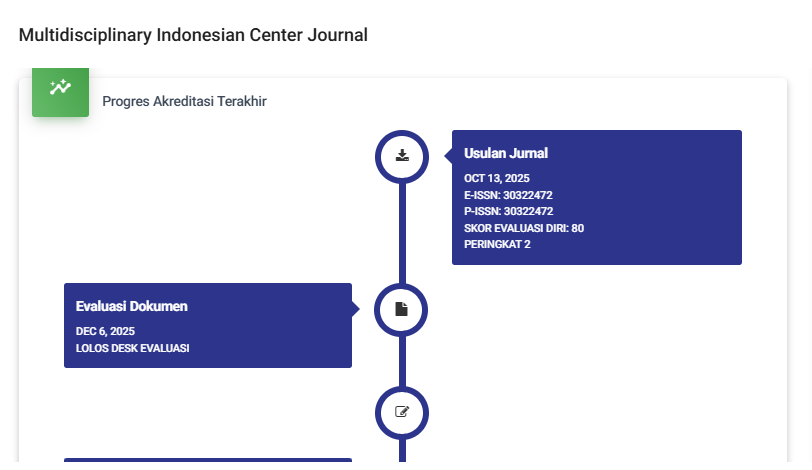RASIONALISME VS EMPERISME DALAM PERSPEKTIF EPISTEMOLOGI MODERN
DOI:
https://doi.org/10.62567/micjo.v2i1.415Keywords:
rationalism, empiricism, epistemology, knowledge, Immanuel Kant, modern science, artificial intelligence, neurobiology, knowledge synthesis, philosophy.Abstract
This article discusses the debate between rationalism and empiricism from the perspective of modern epistemology, aiming to uncover how both approaches have contributed to the development of science and technology. Rationalism asserts that knowledge is acquired through reason and logic, independent of sensory experience, as advocated by philosophers such as René Descartes and Gottfried Wilhelm Leibniz. In contrast, empiricism emphasizes that knowledge arises from sensory experience, as articulated by John Locke, George Berkeley, and David Hume. Although these views are often considered opposing, Immanuel Kant attempted to bridge the gap by proposing that knowledge is the result of the interaction between reason and experience. In the context of modern science, both rationalism and empiricism are no longer viewed as separate poles but rather as complementary, especially in fields such as artificial intelligence and neurobiology. This article demonstrates that the synthesis of rationalism and empiricism provides a more holistic understanding of human knowledge, which is highly relevant to the advancement of science and technology in the modern era. This research employs a descriptive-analytical qualitative approach, examining literature related to rationalism, empiricism, and modern epistemology to analyze their contributions to the formation of knowledge
Downloads
References
Brown, J. R. (2019). Descartes: The Life and Times of the Philosopher. Oxford : Oxford University Press.
Chen, Yan & Ho, W. (2022). The interplay of rationalism and empiricism in modern artificial intelligence. Journal of Artificial Intelligence Research, 65(2), 198–220.
Creswell, J. W. (2018). Qualitative Inquiry and Research Design: Choosing Among Five Approaches (4th ed.). California : SAGE Publications.
Denzin, Norman K.; Lincoln, Y. S. (2017). The SAGE Handbook of Qualitative Research (5th ed.). California : SAGE Publications.
Descartes, R. (1641). Meditations on First Philosophy. Cambridge : The Internet Classics Archive.
Feldman, R. (2003). Epistemology: A Contemporary Introduction to the Theory of Knowledge. New York : Routledge.
Hume, D. (1748). An Enquiry Concerning Human Understanding. Oxford : Oxford University Press.
Jenkins, R. (2023). Rationalism vs Empiricism in the Development of Modern Science. International Journal of Philosophy and Science, 47(4), 305–317.
Kant, I. (1781). Critique of Pure Reason. London : Macmillan.
Locke, J. (1690). An Essay Concerning Human Understanding. Oxford : Oxford University Press.
Miles, Matthew B.; Huberman, A. M. (2014). Qualitative Data Analysis: A Methods Sourcebook (3rd ed.). California : SAGE Publications.
Miller, K. (2022). Immanuel Kant and the Synthesis of Knowledge. Cambridge : Cambridge University Press.
Nakamura, Y. (2023). Empiricism, Rationalism, and the Modern Scientific Method: A Case Study in Neurobiology. Journal of Cognitive Neuroscience, 35(1), 15–33.
Patel, R. (2023). The Integration of Logic and Data in AI Algorithms. Journal of Computational Theories and Technology, 58(2), 42–58.
Silverman, D. (2016). Interpreting Qualitative Data: Methods for Analyzing Talk, Text and Interaction (5th ed.). London : SAGE Publications.
Smith, P. (2020). The Philosophy of Descartes: An Overview. New York : Routledge.
Downloads
Published
How to Cite
Issue
Section
License
Copyright (c) 2025 Tiara Trirahmayati, Amril Mansur

This work is licensed under a Creative Commons Attribution-ShareAlike 4.0 International License.



























